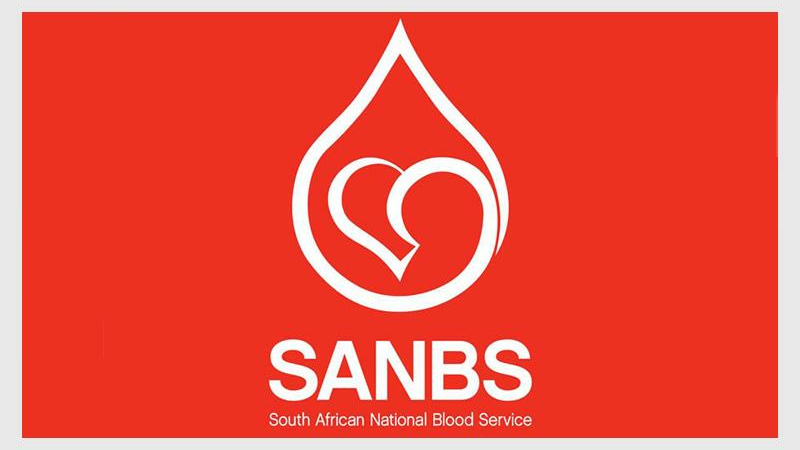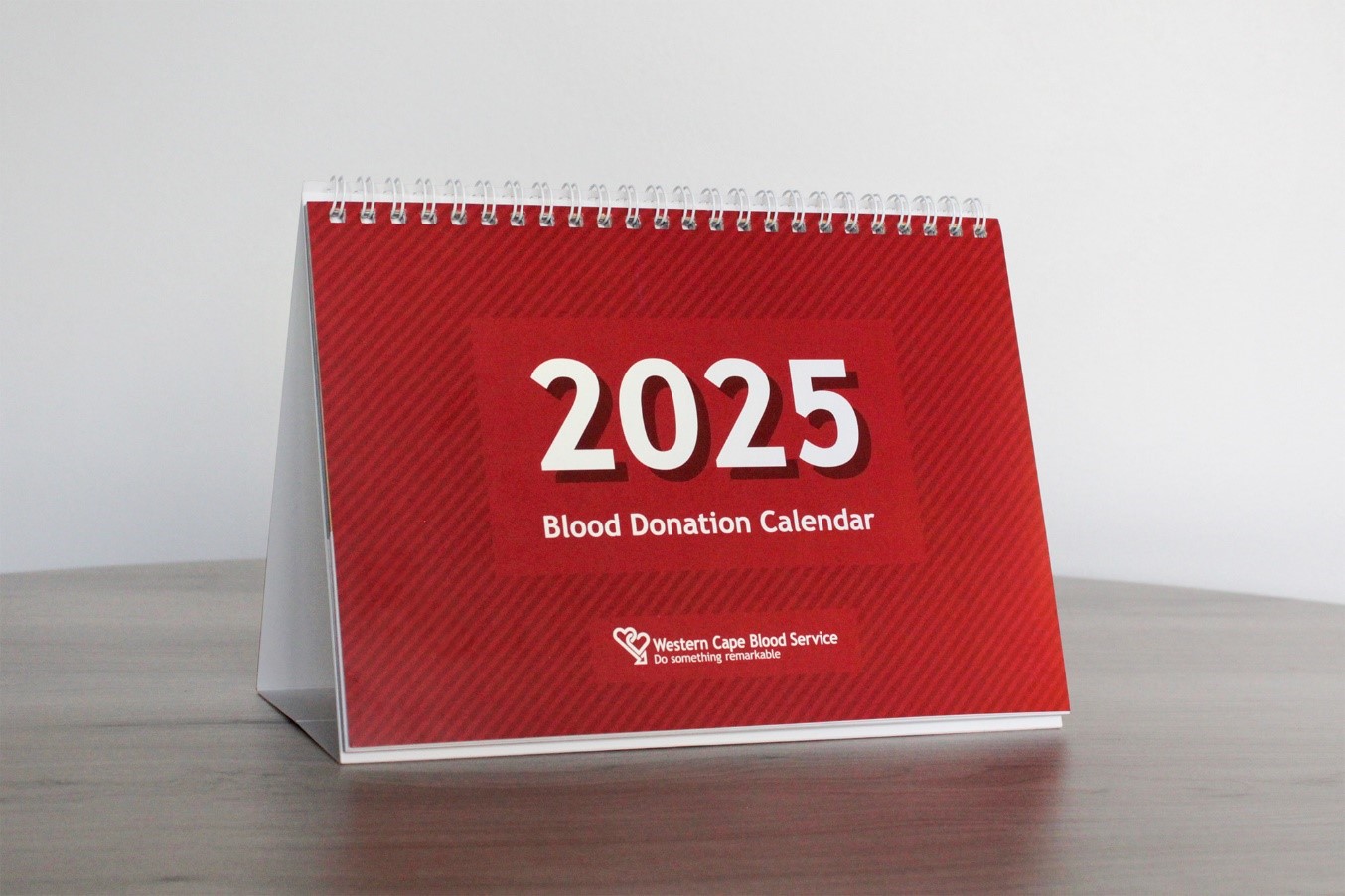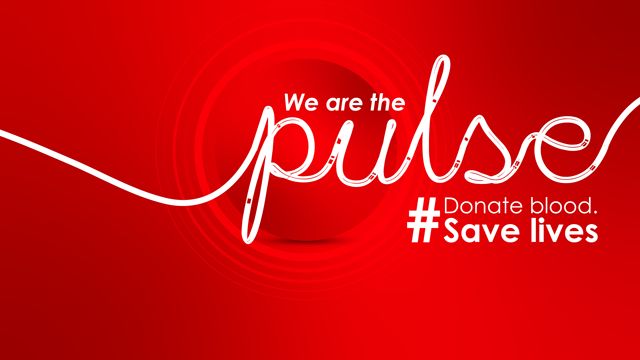Health
October is Blood Plasma month; here are some ways you can help─── CASEY-LEE ANTHONY 11:27 Fri, 04 Oct 2024

“All donors need to have eaten a meal at least 3-4 hours before donating and to stay well-hydrated before, during, and after donation.”
Plasma is vital to the survival of many patients and serves as a lifeline. October serves as a reminder of that importance.
Donations of plasma are frequently required for individuals with chronic illnesses that necessitate frequent transfusions, such as sickle cell disease, heart surgery, bone marrow failure, trauma, and many more.
“We are excited to welcome all new and loyal donors this October; it is truly their blood and plasma donations that are a lifeline to patients desperately in need,” said Head of the Marketing and Public Relations Department at Western Cape Blood Service, Michelle Vermeulen.

The Donation Gift for each successful donor, 2025 Flip Calendar, Picture: Supplied
What is plasma?
Plasma is the liquid part of your blood where red cells, white cells, and platelets are suspended. It carries these components throughout the body making up about 55% of your total blood volume. Plasma also contains antibodies, clotting factors, and proteins such as albumin and fibrinogen.
You donate a bit of plasma when you make a normal whole-blood donation, but you can also donate plasma only. This is done through a process called plasmapheresis or source plasma donation where plasma is separated and collected while the red cells, white cells, and platelets are returned to your body.
Why donate plasma?
Plasma is essential to saving lives. Clotting factors, antibodies and proteins in plasma can be isolated and concentrated into various essential medicinal products used to treat people with rare, acute or chronic diseases and disorders such as hemophilia, Factor VII deficiency, Factor XIII deficiency, Antithrombin III deficiency, Protein C deficiency, von Willebrand factor deficiency, Fibrinogen deficiency, hereditary angioedema, primary immunodeficiency, genetic lung diseases, severe burns, trauma and shock.
'Plasma donation takes about 40 minutes'
Giving blood can save the lives of up to three people by dividing whole blood into red blood cells, plasma, and platelets, all of which can be produced in less than 30 minutes and offer a second shot at life.
Plasma donation takes about 40 minutes as this process separates the plasma from your red blood cells which is then returned to your body.
The donation process involved answering a confidential questionnaire to verify the information received, followed by a finger prick test checking for haemoglobin levels, ensuring potential donors meet the required levels.
Picture: Facebook
So what are the requirements to donate?
Plasma Donor Criteria
- Age between 18-65 years old;
- Weigh at least 55kg;
- Be in good general health;
- Live a safe sexual lifestyle;
- You need easily accessible veins.
Basic Blood Donor Criteria
- Age between 16 and 75 years;
- Weigh at least 50kg;
- Be in good general health;
- Live a safe sexual lifestyle.
All donors need to have eaten a meal at least 3-4 hours before donating and to stay well-hydrated before, during, and after donation.
Donations can happen at any SANBS office, as well as at pop up donation stations at various locations.














